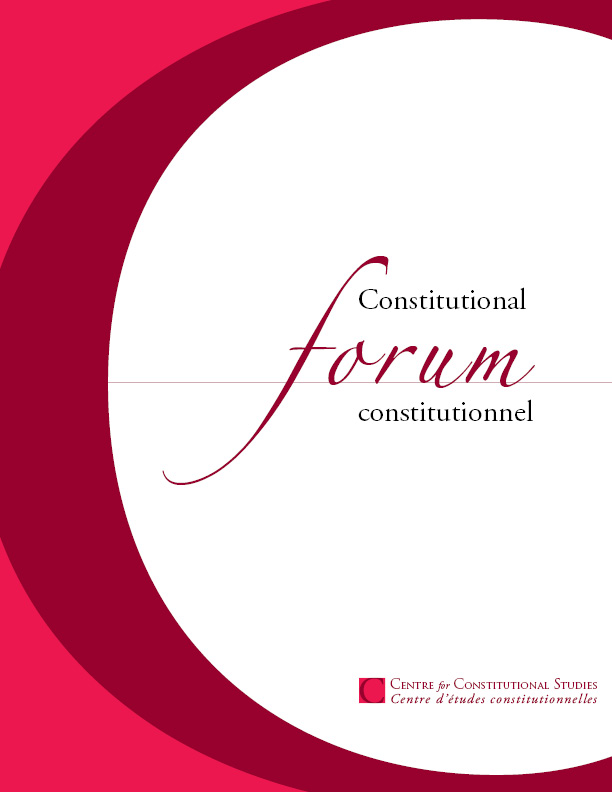Two Roads to Guantanamo: The Canadian and United States Supreme Courts’ Approaches to the Extraterritorial Application of Fundamental Rights
DOI:
https://doi.org/10.21991/cf29450Abstract
Following Catherine Kellogg’s engagement with Hannah Arendt’s question of whether there are modes of non-nationalist belonging, I begin with the recognition that the moment when the “nation-state ... will nullify itself as such” still lies far in the future, if it ever occurs at all. Real (as opposed to ideal) history happens through incremental, fragile evolutionary change, not through sudden leaps from one fundamental paradigm to another. If the ideal of the self-nullifying nation-state is an intellectual fantasy, however, it is also an ideal in the Kantian sense, one that can motivate and orient political action. Indeed, it is precisely the contingency of actual history that makes space for real-world political movements of groups and individuals that change paradigms from within.

Downloads
Published
Issue
Section
License
Copyright (c) 2022 Adam Thurschwell

This work is licensed under a Creative Commons Attribution-NonCommercial-NoDerivatives 4.0 International License.
Authors who publish with Constitutional Forum constitutionnel grant the journal the right of first publication, and agree to license the work under an Attribution-NonCommercial-NoDerivs (CC BY-NC-ND) that allows others to share the work for non-commercial purposes, with an acknowledgement of the work's authorship and initial publication in this journal, as long as no changes are made to the original work. Please use this format to attribute this work to Constitutional Forum constitutionnel:
"First published as: Title of Article, Contributor, Constitutional Forum constitutionnel Volume/Issue, Copyright © [year], Publisher"




